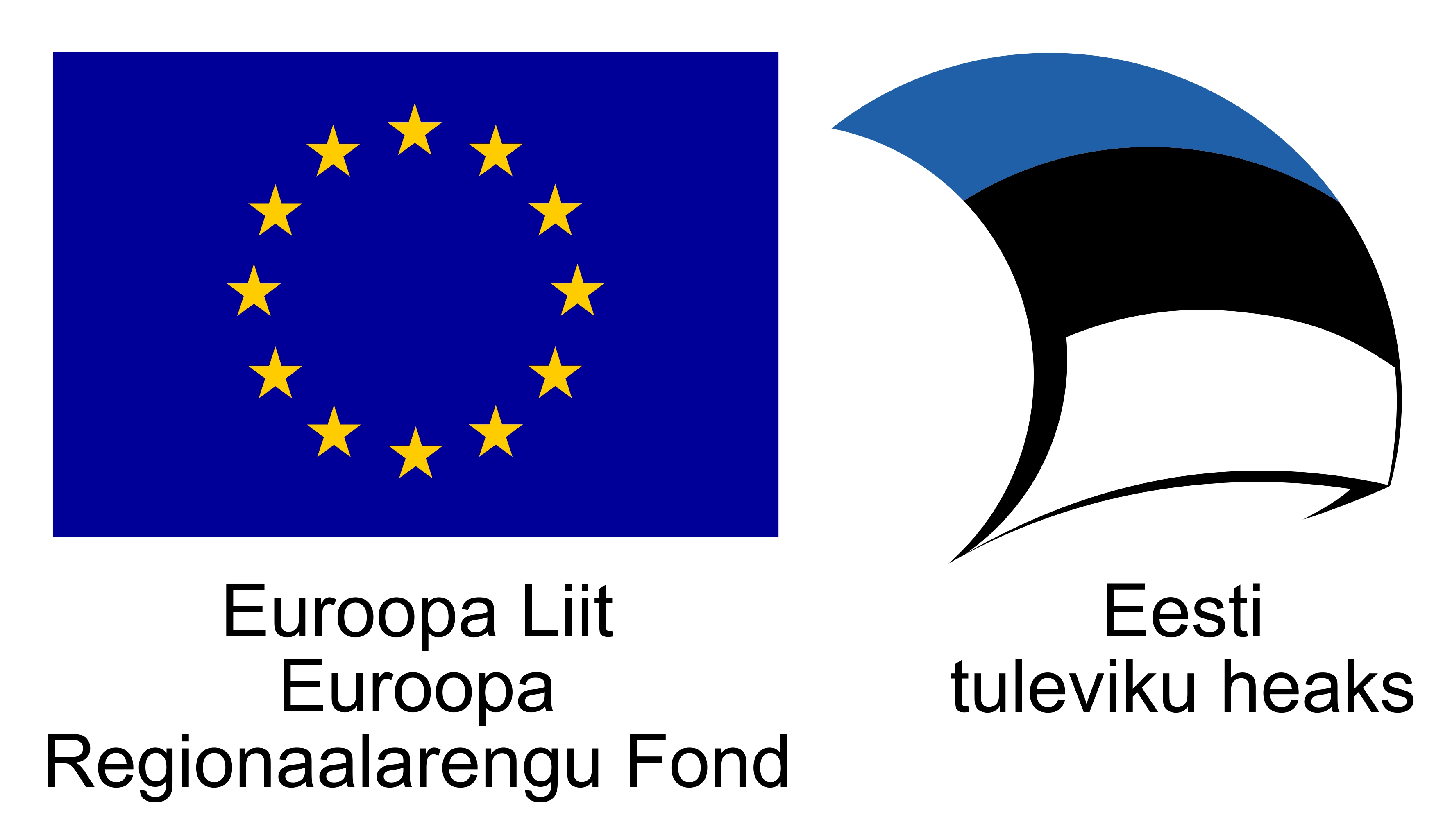3 reasons why User Research matters more than ever

You shouldn’t listen to what customers say. Instead, you should focus on what they do. Do you overestimate or underestimate the role of user research? Today, we’re going to discuss why user research is essential to product, or service success.
“A lot of times, people don’t know what they want until you show it to them.” — Steve Jobs
How many times have we heard customers tell us what they want, only to learn that it’s not really what they wanted? We end up confused and perplexed. It seems obvious to think that if you can understand your customer’s new behaviors, you can help future proof your business or organisation to survive (and thrive!) in a potentially tumultuous time!
Why Do User Research At All?
1. How do you know what your audience wants?
Products or services are designed to be a solution to a problem. A car will get you from point A to B, a plate will keep your food in one place, shoes will keep your feet dry. But why your car? Why your dishes? Why your shoes? The answer might surprise you. In a saturated market (of both products and information), the deciding factors between two brands might not be immediately obvious.
Understanding those factors is what truly makes your brand stand out and would help you craft your narrative to build your audience base. This is where user research comes in. Analytics will tell you what is selling, when, and where, but what you don’t get is ‘why’. Why do customers choose your products over your competitors? Why are they buying on one platform over another? Speaking to your audiences in order to understand why they are doing something becomes critical to understand how you can differentiate your product in a crowded marketplace.
2. Customers are demanding more of the brands they support than ever
Nowadays, it’s not just about the product or service. Gone are the days where “any press is good press”. With the amount of information available to customers these days, they want to know what your brand stands for, how you treat your staff, how environmental your practices are, and… the list goes on.
Using user research techniques, such as usability testing, user interviews, surveys, card sorting, tree testing, field studies, and more, you can understand what your audiences care about, and reflect that back in your organisational practices. Guessing what audiences might care about in regards to your organisational practice and implementing that.. Seems like a risky thing to do when you can just ask them!
And if this is what gives your company a competitive advantage in a saturated market. So why wouldn’t you listen to the people who determine if your brand will continue to be relevant in the future?
3. If you don’t know why your audiences buy your products or services, you can’t grow your audiences efficiently
If you don’t know why someone is currently buying your product or service, how are you supposed to find more people who might also be interested? Going deeper and understanding the motivation behind “why” someone wants to purchase your product or service might provide you with insight into a completely new audience. And with shifting priorities and patterns of behavior, you might find that your audiences start to shift as well. Identifying potential new audiences could help deal with the loss of usual customers and allow you to be prepared for the future.
In Conclusion…
People’s behaviours, attitudes, and social norms are changing. By getting to some of those underlying motivations, solving your audience’s new problems at a deeper level, you’ll be able to take your business into the future confidently. But with so many unknowns, integrating fast and frequent user research with Sharewell platform is the only way to mitigate the risk of unveiling a new product, service, or system of the future.


